A Dundee University lecturer and trade union rep blames the much-lauded Tay Cities Deal for the institution’s budget crisis.
Economist Dr Carlo Morelli says the university’s investment in the deal is in part responsible for the huge £30 million deficit.
Significant job losses are expected as the institution attempts to make savings.
What is the Tay Cities Deal?
A partnership deal between the public and private sector, the Tay Cities Deal is designed to secure investment across Angus, Dundee, Fife, and Perth and Kinross.
The University of Dundee is part of the consortium signed up to the plan which sets out a range of objectives, including expanding economic activity in drug discovery, medical technologies and forensic science.
The university said it hoped the investment would increase jobs, create new spin-out companies and attract major businesses.
While most of the investment has come from the UK and Scottish Government, rising costs mean the university will have to contribute around £10 million in the next year to meet the objectives.
This includes the new life sciences innovation hub.
Dr Morelli also believes the deal is responsible for growing cost of external contractors, which has increased by nearly £20m in two years.
Writing in The Courier, he argues: “It is not only responsible for the rise in external contractor but also requires the university to contribute a further £10.2m this year.
Government ‘has off-loaded responsibility’ for regeneration
“In creating the deal, the government has off-loaded responsibility for regeneration projects onto Dundee University.”
The lecturer also points to what he believes are other management failures which resulted in investments outside the core remit of teaching and research.
Dr Morelli calls for increased accountability for university senior managers, who he says could be directly elected and subject to pay controls.
The previous principal, Professor Iain Gillespie, was paid more than £300,000 a year.
Dr Morelli adds: “The crisis at Dundee University is a warning to us all as to what can happen when highly paid managers act without adequate oversight. It is facilitated by the Scottish Government’s desire to devolve responsibility for regional regeneration onto local partners without the security of funding needed.
Elected managers and pay controls
“Transparency and accountability should be central to those structures.
“Elections of senior managers and academic leaders, combined with pay controls, such as ensuring that university principals do not earn more than the First Minister, are all part of a parcel of governance reform urgently needed in higher education.”
Asked about the Tay Cities Deal, and whether it puts a burden on the university, a spokesman said around 75% of the innovation hub is externally funded to support the ambition to create around 800 new jobs and bring a financial benefit of more than £190m to the region.
The spokesman added: “The biomedical cluster project will ensure that knowledge, expertise and enterprise will remain anchored in Dundee, providing job opportunities for Dundee citizens and Dundee graduates and post-graduates.
“Retaining high growth companies in Scotland is central to Scotland’s national Innovation Strategy.
“The investment of all partners in the biomedical cluster project is vital to the economic regeneration of Dundee and the wider region.
“The university’s financial contributions to the project were considered as part of our strategic investments and approved by our finance and policy committee.”
A Scottish Government spokesman said: “City and Regional Growth Deals are programmes to deliver locally-led investments, reflecting regional priorities identified by a range of partners.
“The Scottish Government has provided £1.9 billion to Deals across Scotland, from which £25 million has been allocated to the Growing the Biomedical Cluster project, supported by an additional £8 million from Scottish Enterprise.
“This will enable Dundee University to capitalise on its world-class specialism in life sciences.”
- Read Dr Carlo Morelli’s full column in The Courier.
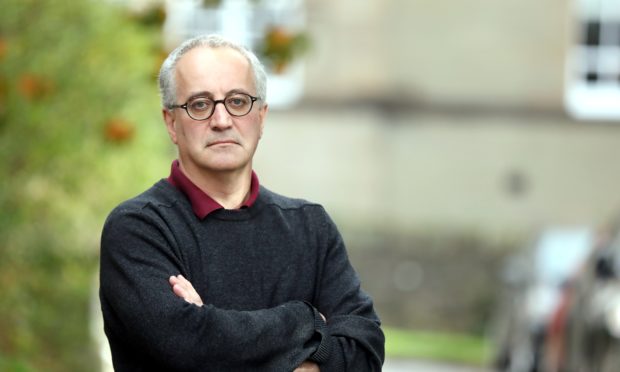
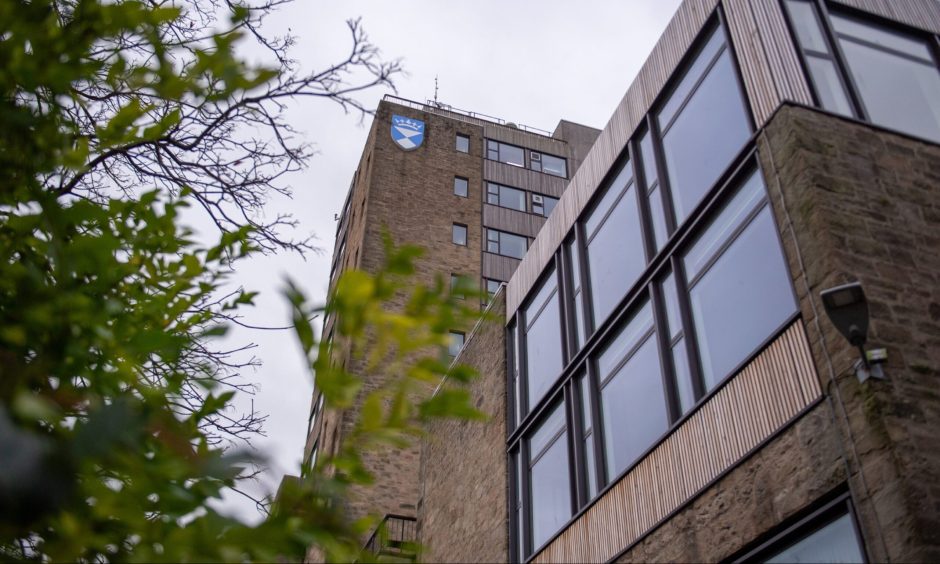

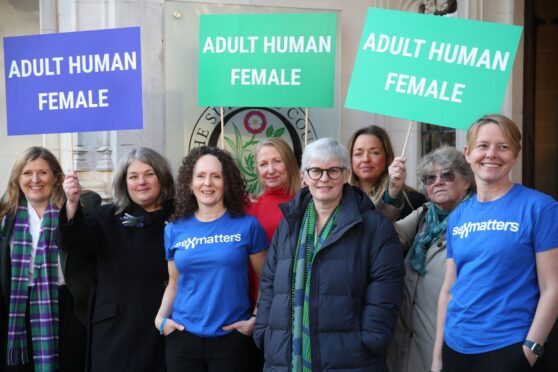



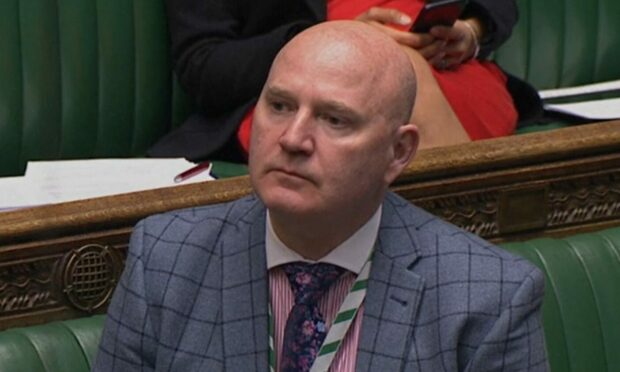
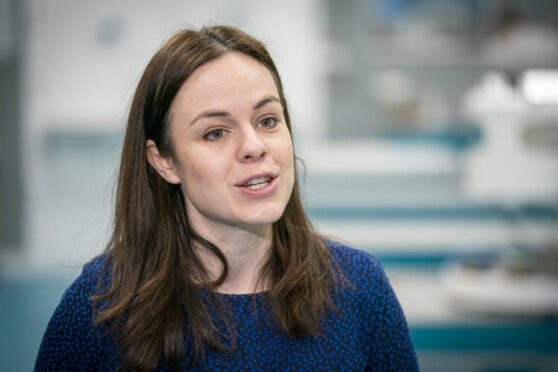

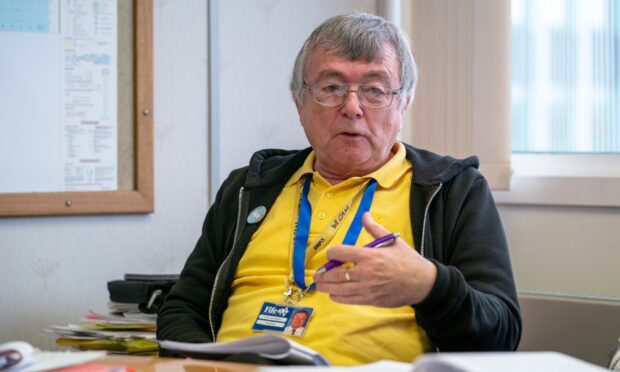
Conversation